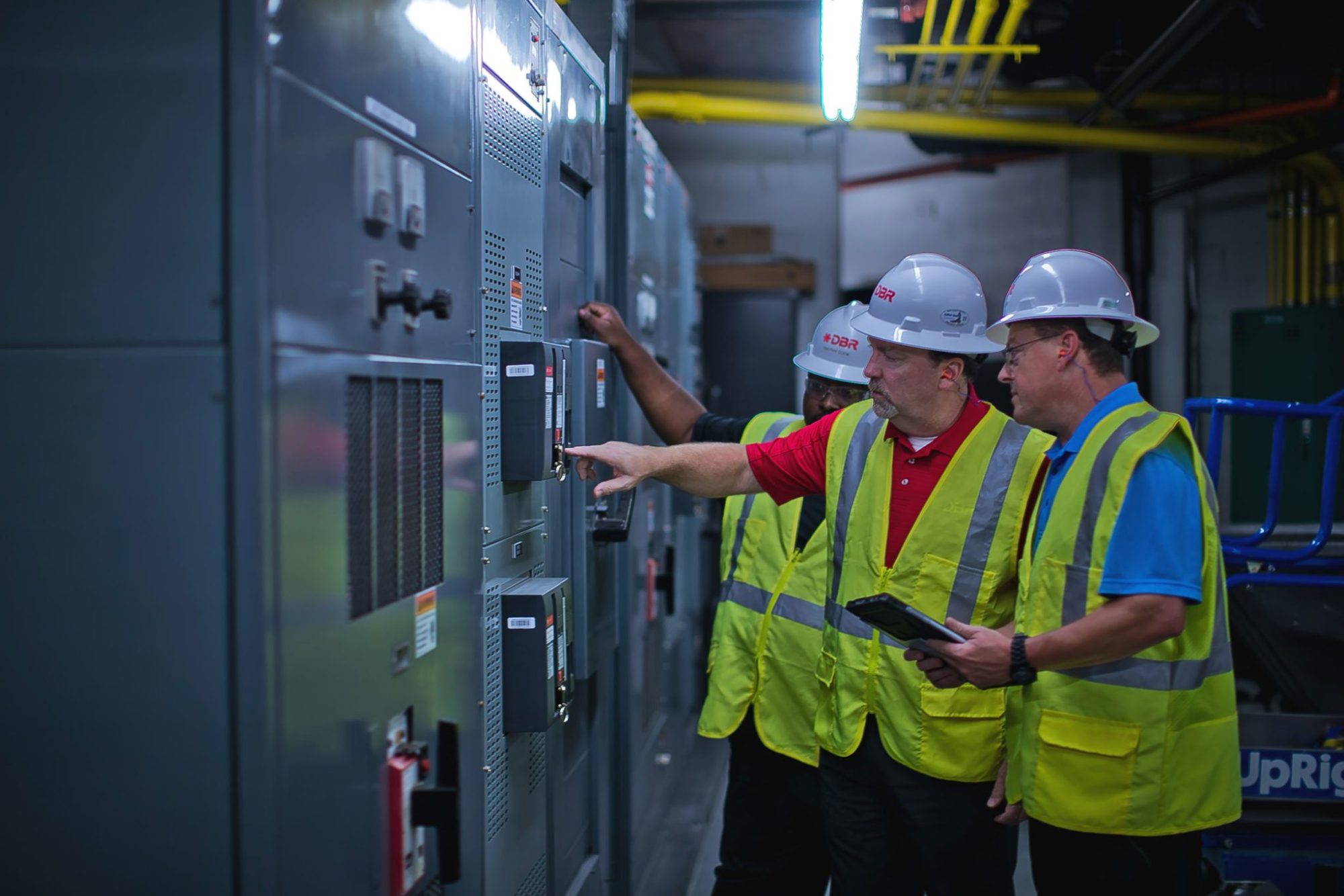
Tim Kilby
CxA, CDT, LEED AP BD+C
As the Director of DBR’s Commissioning Department, Tim is responsible for ensuring our clients receive the best value on their investment in their building project. Since 2000, Tim has been dedicated to our clients, working independently from the design team, to promote a quality-oriented process for delivery of a project that will be energy-efficient and operate as the client specified. He has developed and maintains our extensive library of testing procedures and commissioning documentation, ensuring it is up to date with the latest industry construction and testing standards.
Q&A with Tim:
Q: Why do I have to commission my project?
A: In 2016, the State of Texas adopted the 2015 International Energy Conservation Code (IECC) as the state energy code. This means that all commercial projects built in the state must comply with the energy code or a more stringent local energy code. IECC requires high efficiency equipment and elaborate control programming to reduce energy consumption. Since high efficiency equipment and energy saving programming can be complicated, the code writers included a requirement that equipment and energy saving programming must be tested. The process of verifying the proper installation and testing the operation of equipment and controls is known as building systems commissioning.
Q: Doesn’t CA (Construction Administration) cover the commissioning work?
A: No, not really. These two roles are different in many ways, while they do share some of the same duties, they are different. First, the commissioning provider reports directly to the owner and acts as a third set of eyes for the owner. The CA person reports to the design team and ensures the installation complies with the construction documents. Secondly, the CA person confirms the installation meets the details and specification, while the commissioning provider actually tests the operation of the equipment and systems. Both roles are important to the success of the project.
Q: What are the benefits of commissioning my project?
A: There are many benefits to commissioning a building. There is the obvious monetary benefit of reduced energy usage (lower utility bills) but perhaps the biggest monetary benefit is the reduction of missed time from employees. Poor indoor air quality can affect the health of employees which may cause more “sick days” and a loss of production. Commissioning of the building systems will ensure the proper operation of fresh air systems and ventilation to provide a great indoor environment. The commissioning process will improve the maintenance and operation of the building. When the maintenance staff participates in the testing, they get a “real world” look at the operation of the systems and how issues were corrected, this training will be invaluable to the ongoing operation of the building. Also, the commissioning record will document the testing and resolution of issues for future reference.
Have more questions? Give Tim a call:
Tim Kilby CxA, LEED AP BD+C
Director of Commissioning
713.914.0888
[email protected]
